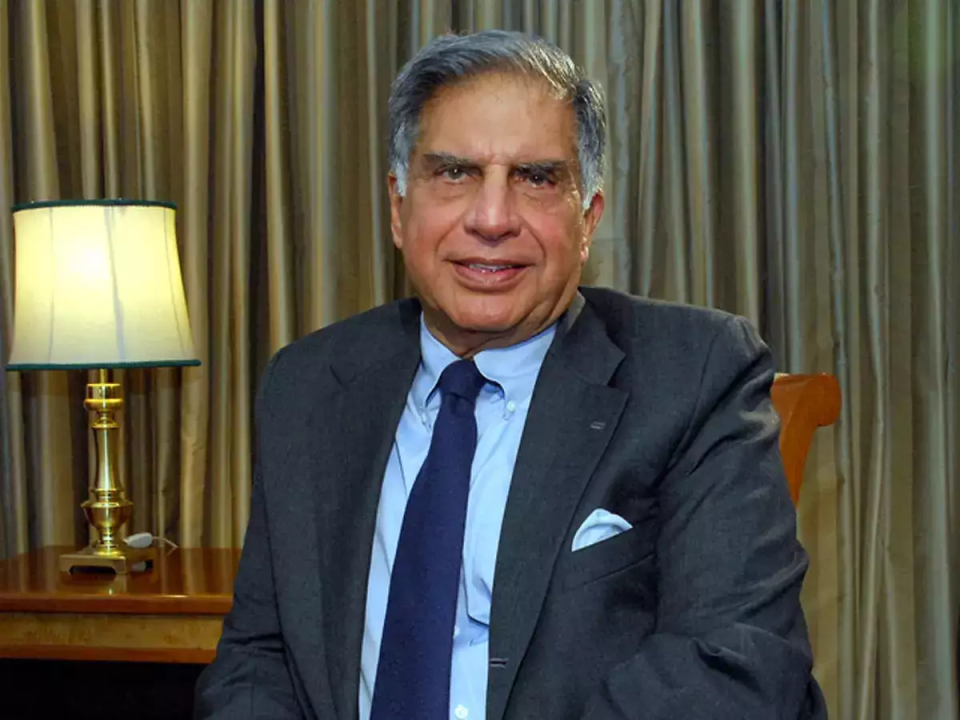Practicing your interview techniques will help you advance significantly in the MBA admissions process. An extremely competitive graduate business education program is the Executive MBA in Digital Marketing. EMBA candidates can distinguish themselves from MBA students by the amount of prior job experience they have, which is typically associated with managers with substantial work experience – typically more than two years. To graduate in two years, students combine full-time employment with weekend classes.
There are various universities offering distinct executive MBA programs with specialized learning experiences for exceptional career enhancement. No matter how many openings there are for EMBA candidates to compete for, one of the most crucial steps in the application process is the executive MBA interview for graduate business schools.
One of the elements that show your job history is the interview. The executive MBA interview is just one component of your application to business school; essays and evaluations are also important in summarising your career and personal experience. These components assist in describing a working professional who is applying to EMBA programmes. Although admissions officers concur that some elements of the executive MBA application process are given more weight than others, each component of the application process requires careful attention and no one aspect should be viewed as less significant than the other.
The interview:
Face-to-face interviews are essential and highly recommended for the admissions process. Teleconferencing services are used in some schools to connect the parties. Although the interview’s formality can differ from school to school, you shouldn’t undervalue its significance in the evaluation process. If a meeting is planned, you have achieved success. The admissions team will be introduced after a round of internal evaluations.
Dress professionally, be aware of your audience, know what the interviewers are looking for in candidates, and be ready to talk about your professional and personal accomplishments. Bring a couple of resume copies along with some paper and a pen; you are allowed to take notes while the discussion is going on. Approach the executive MBA interview questions as though it were a formal meeting. Meetings with academics, admissions, EMBA administrators, and even the Dean are possible.
The executive MBA interview questions typically last 30 minutes and are done by academics who will be teaching the course. The format should be comparable to a job interview as it is a formal interview. During the hour-long discussion, anticipate a lot of open-ended inquiries. The admissions committee wishes to learn more about you personally and what, in your own words, distinguishes you from other applicants. They will assess your attitude, communication abilities, overall intelligence, and, most importantly, your ability to get along with future classmates and contribute to the group dynamic.
Interview questions for executive MBA are conducted one-on-one with a member of the admissions committee. They last for about 45 minutes total, wherein mostly work experience and the benefits of an MBA are discussed. It is checked if the person has good people skills and has demonstrated leadership in the past. It’s crucial to show how you differ from other EMBA aspirants. Interviewers want to know if you volunteer, are part of a political or religious group, or even play an instrument. Such discussions give them a better idea of your personality and what makes you stand out from the next applicant entering the interview room.
Given that business is a subject that is practiced worldwide, it is good to go into detail about your international experience, including any business you have conducted abroad, any family members you may have who reside abroad, any foreign languages you may speak, and any experience you have working with individuals from different cultures. Admissions officers value international experience.
Discussion points in general:
It is suggested to interrogate. Make sure this specific program meets your needs and career objectives. Ask questions such as what is the emphasis or strength of this program, the size of the class, or the average classes, but refrain from asking those that can be answered in the school’s literature. Check to determine whether the school fits your background and job by putting out feelers. If the program offers a pharmaceutical track, find out how this might apply to someone who isn’t in that industry.
Examples of discussion topics:
- Work experience
- problem-solving skills
- Relationships with peers and superiors
- Individual accomplishments and setbacks
- Both triumphs and failures in the workplace
- Capacity to adapt to a changing environment
- Extracurricular activities, including volunteer work, interests, and other achievements, both personal and professional
How to Answer:
Have you ever wondered why the bus doors are usually placed on the side facing the driver? Or why are maintenance hole covers circular?
These standard interview questions from reputable consulting organizations are just intended to assess your intelligence and capacity for thought. They aim to evaluate your ability to reason clearly and meaningfully and how you approach problem-solving.
Sample questions:
The main goals of the interview are to learn more about you and determine if you have carefully considered all your alternatives and options-related factors. Here are some examples of questions you might be asked:
- What made you decide to enroll in business school at this time, and why the EMBA?
- How can the EMBA help you accomplish your goals? – How would the EMBA help you accomplish your short- and long-term objectives?
- What do you want to gain from the program?
- Tell us about your professional background and how an MBA will fit into your future ambitions.
Trying to answer this question during the interview will undermine your chances of being accepted if you haven’t given it much thought or properly comprehended the obligations and demands of schooling on your employment and personal lives.
About ITM Skills University:
ITM Skills University is committed to educating candidates interested in graduate-level management education, particularly the Executive MBA for working professionals. Highly skilled professionals and a tailored curriculum that is designed keeping in mind the rapidly changing business dynamics are part of this prestigious business school.






